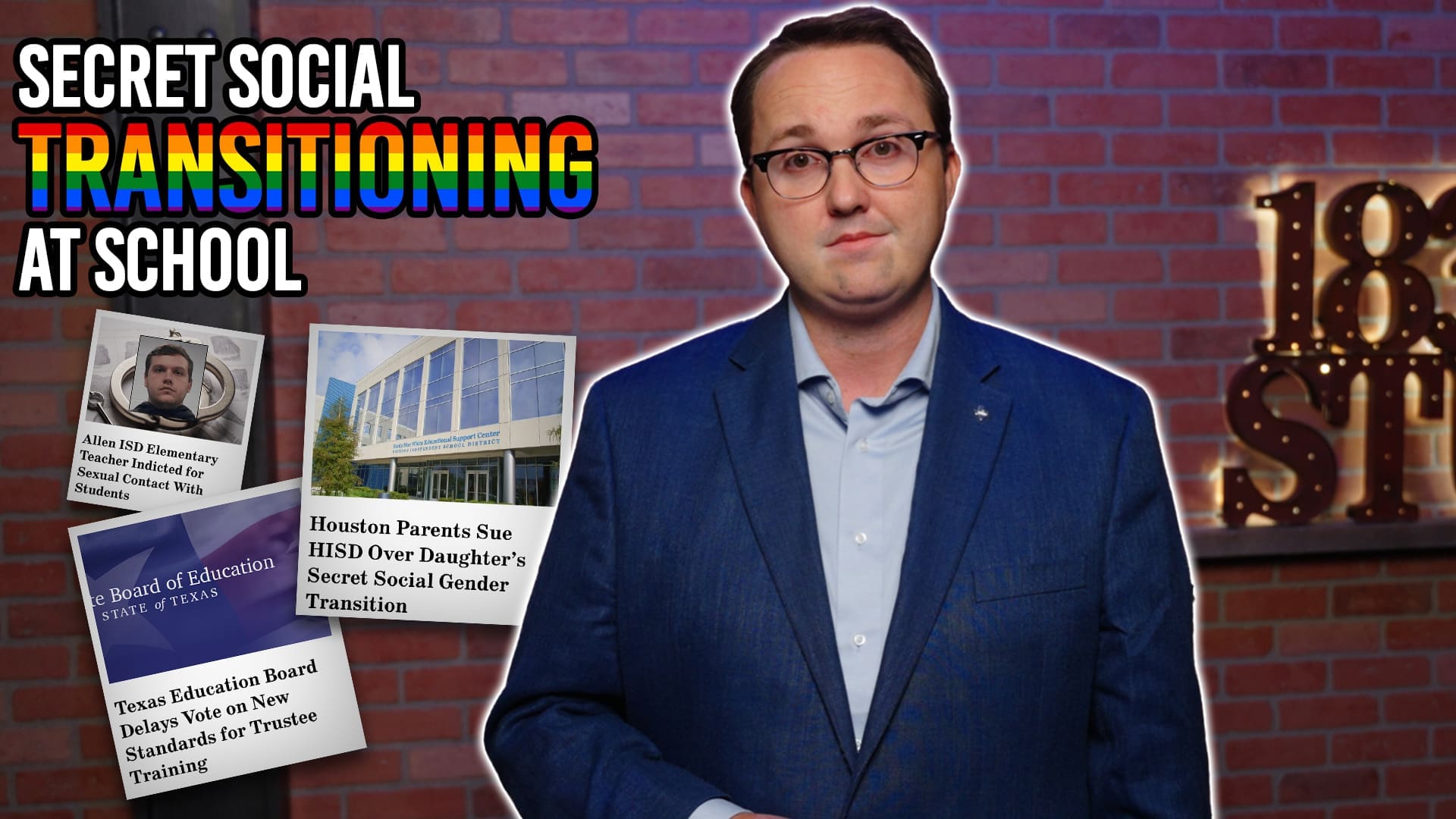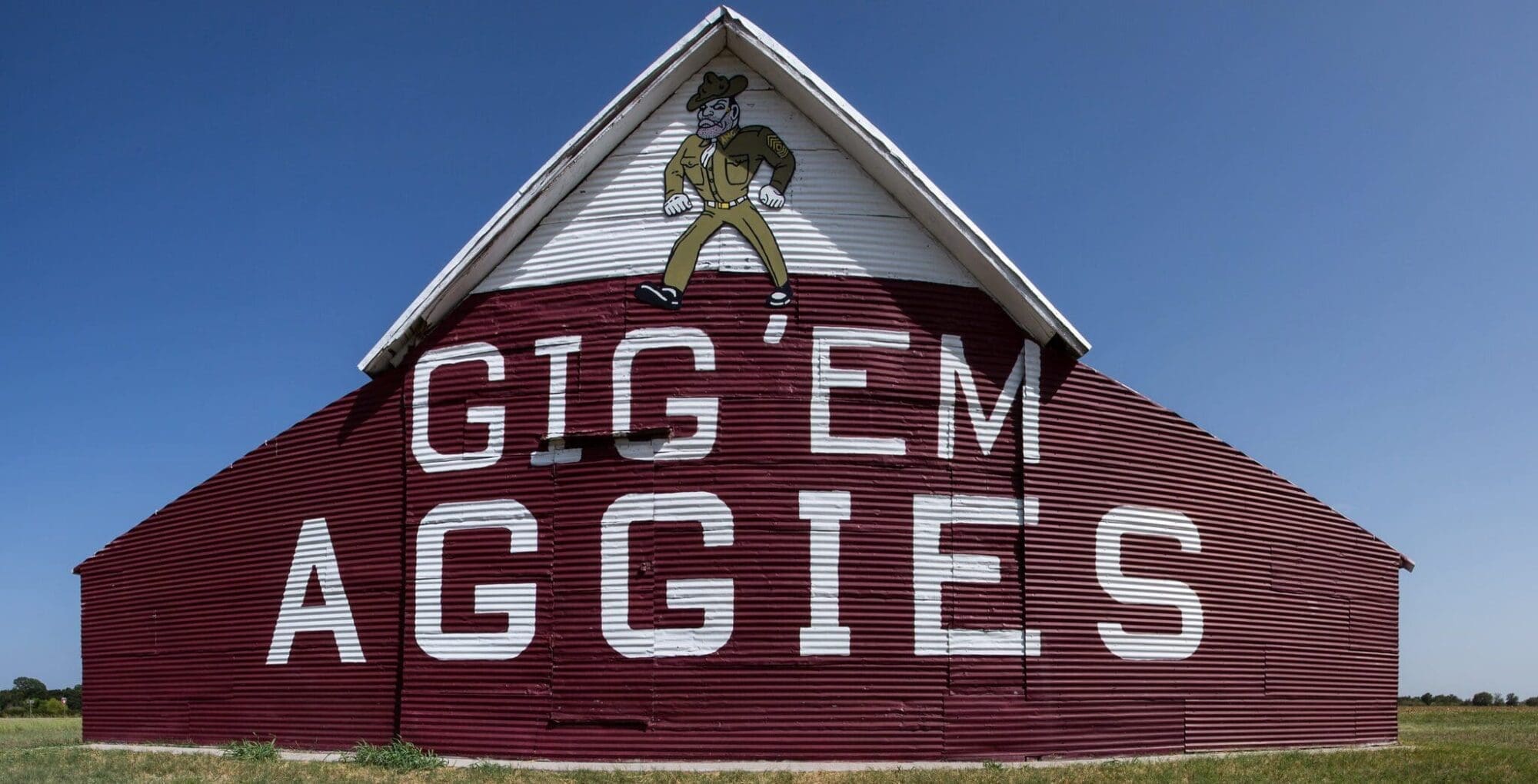Conservative candidate Briscoe Cain is hoping to win the Republican Party primary runoff for House District 128 next Tuesday, but for Cain, one big victory came a week early.
On Tuesday Houston District Judge Brent Gamble issued a temporary injunction barring the Texas Ethics Commission (TEC) from enforcing Tex. Gov’t Code §306.005 against Cain or any other Texan. The law purported to give the TEC the power to fine Texans $5,000 if they used “legislatively produced audio or visual materials” in political advertising.
The ruling came after Cain filed suit against the TEC last month seeking to have the law struck down as facially unconstitutional. It is a stinging rebuke for Cain’s opponent, fourteen year incumbent Rep. Wayne Smith of Baytown, who previously defended the law after voting to expand it in 2013.
Smith was part of a group of legislators last year who sought to expand the video ban with an amendment hijacking Gov. Abbott’s landmark ethics legislation. The legislators placed an amendment in the bill that would have banned Texans from filming or recording legislators in the Capitol building or in legislators’ district offices with their own cameras without the legislators’ permission. The provision would have allowed legislators to sue citizens who violated the ban and receive a $10,000 statutory penalty. The amendment was blatantly unconstitutional and it caused the ethics package to die in conference.
Cain’s case received major media attention after Attorney General Ken Paxton took the extraordinary step of refusing to defend the law. This is presumably because his office also agrees the law is facially unconstitutional.
The suit and Paxton’s decision drew praise from the commentators on the right, including Eugene Volokh in the pages of the Washington Post, and from the left, including the editorial board of the San Antonio Express News.
Everyone other than Smith seems to agree the law is unconstitutional. Even former TEC chairman Paul Hobby has called the statute unconstitutional, saying it is “incumbent protection, first and last.” Current TEC chairman Chase Untermeyer has also agreed and conceded the law is unconstitutional.
In his suit, Cain says that he wants to release videos of the House floor showing votes Wayne Smith has taken to increase his own pension, give drivers’ permits to illegal aliens, and fund diversity training over border security.
Smith appears to be relying on the law banning the release of the videos in denying that he voted the way Cain claims. In fact, Smith and political consultant Allen Blakemore seem to be the only ones defending the law.
After Cain filed his suit challenging the unconstitutional statute, Blakemore on behalf of Smith’s campaign defended the incumbent protection law and called Cain’s lawsuit a “stunt.” When a court refused to issue an ex parte temporary restraining order immediately after the suit was filed, Blakemore implied he and Smith believed the statute was valid, saying, “It’s no surprise the Court denied Mr. Cain’s motion for injunctive relief.”
Of course now the Court has enjoined the statute. Perhaps Blakemore felt obligated to defend the statute because Smith had voted to expand it in 2013. Or perhaps he was hopeful the law would be upheld so that voters in House District 128 would not see the truth about their representative’s voting record.
Early voting in the Republican Party primary runoff continues through Friday. Election Day is Tuesday, May 24. House District 128 covers portions of eastern Harris County, including portions of Baytown, La Porte, Deer Park, and Pasadena.




